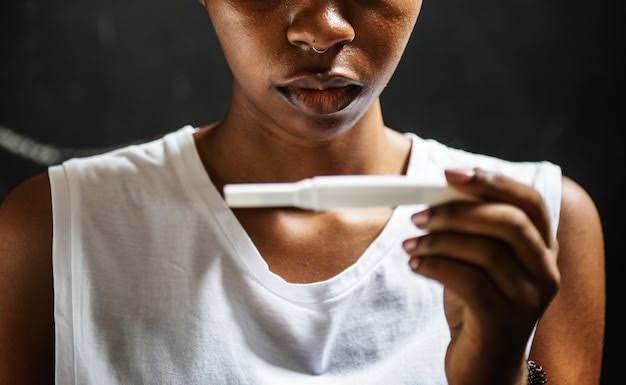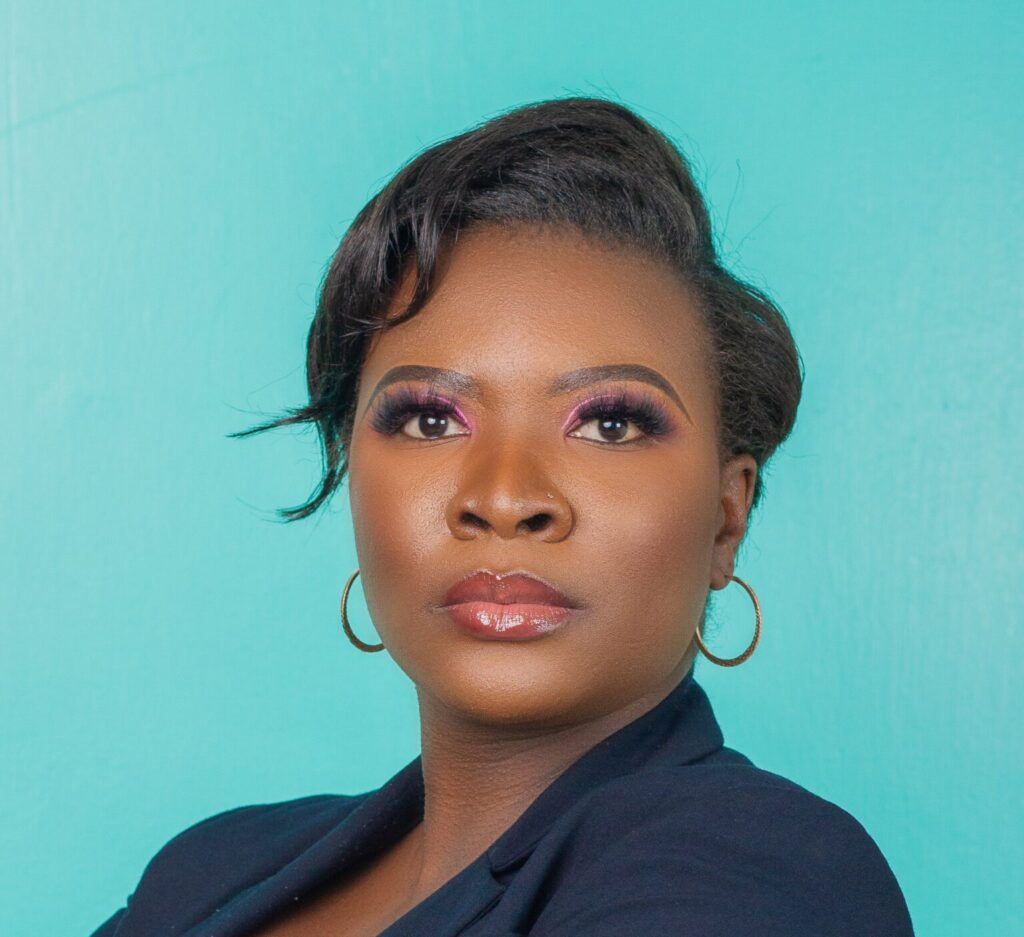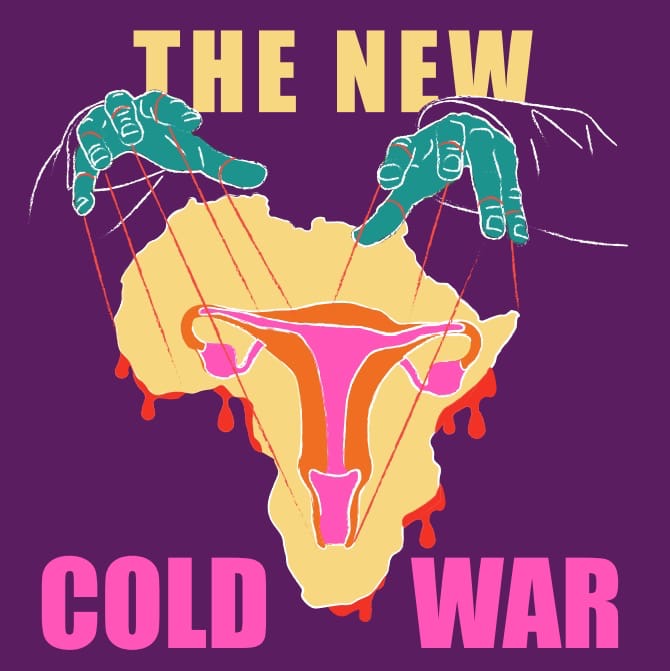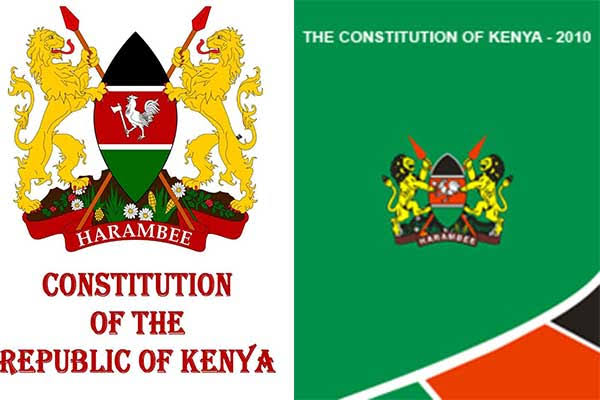
Faith Nyasuguta
Abortion in Kenya is regulated by the Constitution. It is not permitted unless, in the opinion of a trained health professional, there is need for emergency treatment, or the life or health of the mother is in danger, or if permitted by any other written law.
Africa Equity Media (AEM) spoke to Stephanie Musho, a Nairobi-based human rights lawyer about her podcast that dissects issues revolving around sexual and reproductive health rights.
Stephanie is a lawyer who is passionate about sexual and reproductive health and rights, particularly safe abortion access. She is keen to disrupt the norms and structures that perpetuate gender-based violence and unsafe abortion.

1. What is the new cold war over access to safe abortion in Kenya?
In Kenya at least 7 women and girls die every day from complications arising from unsafe abortion. Worse still, is that with current trends – where 700 girls between the ages of 10 and 19 are getting pregnant daily; the harrowing statistics on abortions are likely to be worse.
Nonetheless, there is a group of individuals and organizations who are working to ensure that these numbers remain the same if not get worse, by lobbying against comprehensive sexuality education, access to contraception and access to safe abortion. We call them the opposition – and they are mainly religious groups.
They have permeated government agencies and even the media, making it even more difficult to secure sexual and reproductive health and rights for women and girls, boys and men as well as intersex persons in Kenya.
In 2018, they were behind the closure of Marie Stopes Kenya that provides safe and affordable sexual and reproductive health services to low income Kenyans; leaving thousands of girls and women without safe and affordable health services.
The new cold war is a six part podcast series by the Steff Musho Show that investigates one such opposition group – CitizenGO. This is a far-right extremist organization that hides under the guise of Christianity to negate sexual and reproductive health and rights.

Their tactics run smear campaigns on human rights advocates – including bullying Hon. Esther Passaris – who has unfortunately become their main target. They call her out of her name and now refer to her as Jezebel. Additionally, they have run online harassment campaigns on honorables including Hon. Millie Odhiambo; Hon. Susan Kihika and Hon. Kennedy Mukulia.
Additionally, they have been found to pay Kenyan youth to trend misinformation on social media. This was evidenced in a report by the Mozilla Foundation.
2. What are their motivations?
It is not clear because the foundation which they stand upon does not advocate for their crude tactics. The teachings of Christ do not direct anybody to lie and/or engage in harassment and insults. On paper CitizenGO contends that they support life and family.
It has been empirically proven that criminalizing abortions do not make them stop, they only make them unsafe. So how is the opposition protecting life by working to increase the number of unsafe abortions? In fact, CitizenGO even attacked the outgoing Minister of Health Mutahi Kagwe for advancing lifesaving vaccinations.
More so, the Kenya Fertility Society estimates that at least 4.2 million women and men need some form of assistance in conceiving child(ren). These are Kenyans who desperately want to start or expand their families but cannot – due to the exorbitant cost of assisted reproduction in Kenya that is privatised.

All the proposed laws that CitizenGO has worked against provided a framework on assisted reproduction that would be accessible to the average Kenyan. It begs the question, how then are they working on family?
Additionally, CitizenGO advances the flawed notion that sexual and reproductive health and rights is a foreign export that should be shunned by Africans. This is ironic because they are founded by a white European man Headquarted in Madrid and have no Africans on their board of directors.
3. Couldn’t it be argued that Kenya is a religious country and should be guided by religious teachings?
In deed the Constitution in its preamble acknowledges God Almighty as the creator of all things. It however does not say Allah; or Jesus Christ; or Waheguru; or Shiva and all the other gods that the 50 million Kenyans worship separately. This shows the diversity that exists.
Which is wrong and which is right? Which one do we follow and which one do we relegate? Religion and morality are subjective. The right to worship is enshrined in the Constitution. However the same Constitution explicitly states that Kenya is a secular state governed by secular laws. We are guided by the law and not by religion. We operate a strict doctrine of church state separation.
4. What is the legal position on access to safe abortion in Kenya?
Abortion is not illegal in Kenya. It is restricted. There is a difference. The Constitution provides for three separate instances where abortion is permitted. That is, where in the opinion of a trained health professional, there is need for emergency treatment. Secondly, if the life or health of the mother is in danger; or lastly if permitted by any other written law.
Also, the same constitution provides in article 43 (a) that every person has the right to the highest attainable standard of reproductive health and health care services.

Additionally, we have case law that aligns with these constitutional provisions. Most notably is the JMM Case where Kenya’s High Court ruled that the Ministry of Health’s 2014 withdrawal of the “Standards and Guidelines for Reducing Morbidity and Mortality from Unsafe Abortion in Kenya” and its subsequent ban on abortion trainings for health care professionals were arbitrary and unlawful.
Additionally, is a recent decision by the High Court in the coastal area of Malindi (Petition E009 of 2020). Here, the court re-affirmed that abortion is a fundamental right as provided for in the Constitution and outlawed arbitrary arrests of patients and service providers.
Unfortunately, we do not have any comprehensive statute law on reproductive health as Kenya’s male dominated Parliament shot down the first attempt – the Reproductive Health Bill 2014 sponsored by then nominated Senator Hon. Judith Sijeny; and 5 years later a similar proposed law, that is, the Reproductive Health Bill 2019 sponsored by then Senator (now Governor) H.E Susan Kihika, which was thrown out among other Bills on a technicality.
These proposed laws if passed would have secured a wide range of reproductive rights including access to safe abortion and post-abortion care.
On the floor of the East African Legislative Assembly is the East African Community Sexual and Reproductive Health Bill 2021, sponsored by Hon. Kennedy Mukulia, a member of the regional Parliament representing South Sudan.
It is important that this law passes to secure these rights that continue to be at the mercy of subjectivity and the implicit biases of somedecision makers. Just like the proposed law at national level, give rise to a wide range of sexual and reproductive health rights including safe abortion.
5. What is the end game in the new cold war?
That Kenyans see for themselves how unethically and illegally organizations like CitizenGO operate and finally work towards their permanent closure in the Republic.




